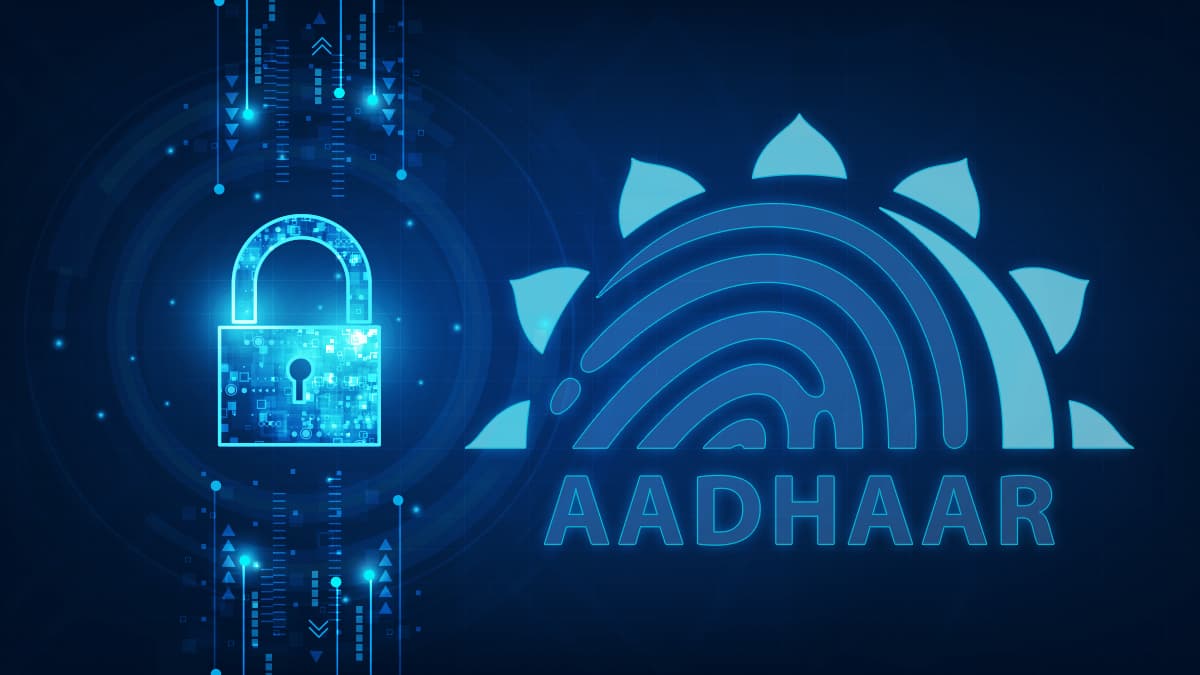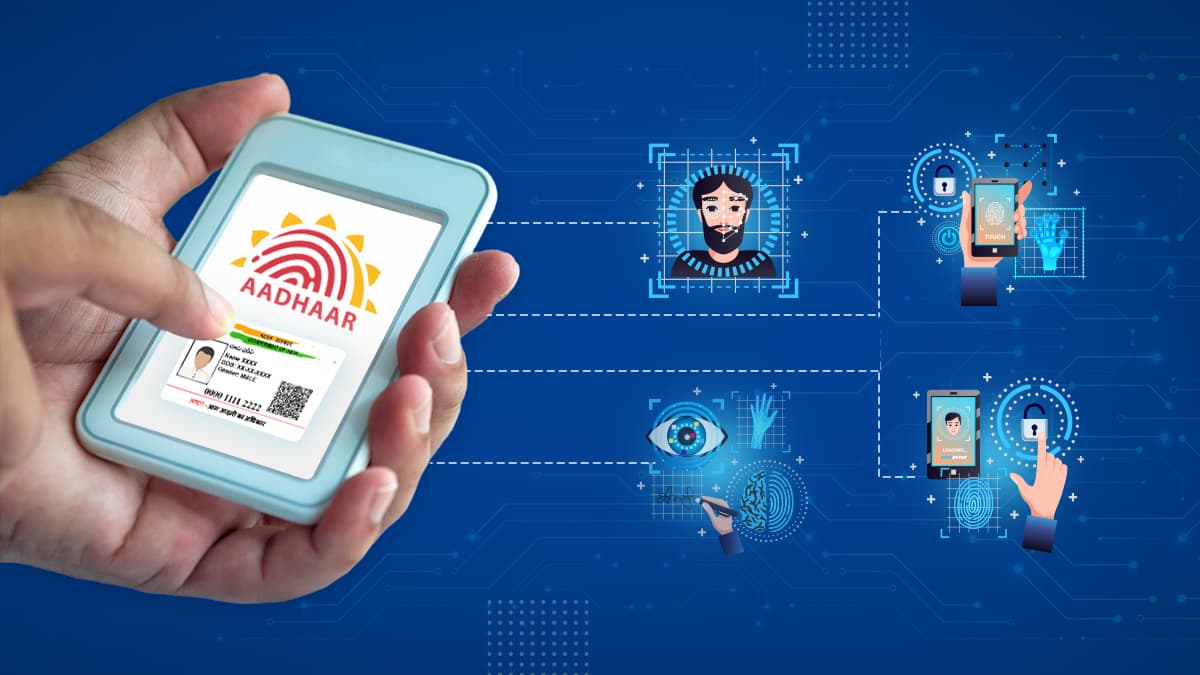Across the world, complaint management systems have become central to responsive governance and citizen-centric service delivery. Countries such as the UK, the USA, and Singapore have adopted AI-driven grievance platforms, enabling faster redressal, greater transparency, and trust-building. For instance, Singapore’s One Service App integrates multiple agencies, resolving over 80% of complaints within a week. Similarly, in the UK’s Ombudsman Service, over 95% of cases are acknowledged within 24 hours, ensuring accountability and traceability. Globally, the use of social media listening tools and AI-based categorization is expanding, transforming grievance redressal from a reactive to a proactive governance approach.
While advanced economies have adopted tech-enabled grievance systems, Africa is at an early stage of this digital transition. In most African countries, grievance mechanisms remain manual, fragmented, and slow, often relying on helplines, physical submissions, or under-resourced web portals. Reports suggest that less than 20% of African public institutions provide fully digitized grievance channels, compared to over 70% in developed nations. In countries like Kenya and South Africa, digital pilot projects have emerged, but infrastructure gaps, low digital literacy, and limited inter-agency integration still hinder widespread adoption. This lag results in delayed responses, poor accountability, and citizens’ loss of trust in governance structures.
.jpg)
Challenges:
Africa’s complaint management landscape continues to face persistent hurdles that undermine its effectiveness and citizen trust. Some of the key challenges include:
- Fragmented and Manual Processes: Most African countries still rely on manual or semi-digital systems for grievance redressal. This lack of integration makes it hard to track complaints, ensure accountability, or measure the efficiency of government response.
- Limited Accessibility and Digital Literacy: With over 60% of Africa’s population living in rural areas, access to grievance platforms is limited by poor internet penetration, lack of smartphones, and low levels of digital literacy.
- Poor Inter-Agency Coordination: Complaints frequently involve multiple agencies, such as water boards, municipal bodies, or land authorities, but there is little communication between them.
- Delays and Lack of Escalation Mechanisms: Without automated escalation rules, complaints may remain pending for weeks or months. Citizens are left without feedback or updates, creating a perception that their concerns are ignored. In some cases, corruption or political interference further delays action.
- Absence of Data Analytics and Predictive Tools: Many systems are reactive rather than proactive. The lack of AI-driven categorization, trend analysis, and predictive insights means governments fail to detect recurring issues or systemic gaps.
- Transparency and Trust Deficit: A key challenge is the absence of audit trails and public dashboards. Without transparent reporting, citizens doubt whether their complaints are even recorded or taken seriously.
- Resource and Capacity Constraints: Governments in Africa often struggle with limited financial resources and technical expertise in implementing and maintaining robust grievance systems.
The Need for an Integrated Complaint Management System in Africa
The demand for effective grievance redressal in Africa is greater than ever. With rapid urbanization, increasing civic awareness, and growing demands for accountability, governments and institutions require structured, technology-driven solutions to manage complaints efficiently. The need arises from several pressing factors:
- Building Trust & Accountability: Integrated complaint systems restore citizen confidence by offering transparent grievance redressal, real-time tracking, and public dashboards that ensure institutions remain accountable.
- Seamless Integration Across Departments: By connecting ministries and agencies on a single platform, these systems break bureaucratic silos, enable faster coordination, and ensure smooth escalation of cross-sector issues.
- Faster & Fair Resolution: Automated workflows, timelines, and escalation protocols reduce delays, curb corruption, and guarantee timely responses to citizen grievances.
- Inclusive & Accessible Governance: Multilingual, mobile-friendly, and SMS-enabled platforms ensure participation from rural citizens, marginalized groups, and those with limited literacy, making governance more inclusive.
- Data-Driven & Cost-Efficient Governance: AI/ML analytics help identify recurring issues for proactive policymaking while digital workflows save time and resources, ensuring better use of public funds.
.jpg)
CSM Tech’s Expertise
CSM Technologies has extensive expertise in building complaint and feedback management systems that strengthen accountability and citizen trust. In Odisha, India, CSM powered the Mo Sarkar initiative under the state’s 5T agenda, creating a centralized citizen feedback platform integrated with a call center, mobile app, and minister-led monitoring. Covering 31 departments and 253 services, the system processed over 7 million citizen records, enabling real-time feedback and embedding accountability into service delivery.
The Jana Sunani platform further enhanced grievance redressal by offering a multilingual, mobile, and web-enabled system that allowed citizens to register and track complaints seamlessly. By integrating case routing, resolution monitoring, and performance dashboards, it improved transparency while empowering administrators with actionable insights.
For Africa, where grievance redressal often faces fragmentation and capacity gaps, CSM’s proven models provide a scalable blueprint. With AI-driven analytics, integrated dashboards, and citizen-first design, CSM can help African governments implement Integrated Complaint Management Systems that ensure transparency, efficiency, and inclusivity aligned with SDG 16.6 on accountable and transparent institutions.
.jpg)
Conclusion & Way Forward:
For Africa, integrated complaint management systems are not just governance tools; they are pathways to citizen trust, transparency, and inclusive democracy. By transitioning from fragmented, manual processes to AI-driven, mobile-first, and socially integrated systems, African governments can significantly enhance responsiveness and accountability.
CSM Technologies is uniquely positioned to support this transformation. With proven expertise in implementing scalable grievance platforms like CMGC, CSM can help African nations design robust, transparent, and citizen-friendly complaint management ecosystems. By leveraging social media listening, AI-driven analytics, and workflow automation, CSM envisions building Africa’s next-generation complaint management systems- empowering citizens, strengthening governance, and fostering trust.










































We will verify and publish your comment soon.